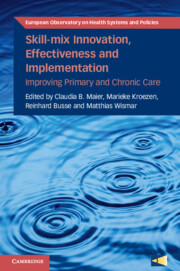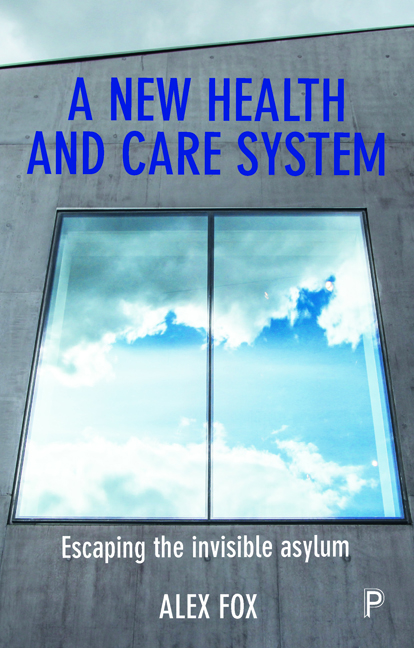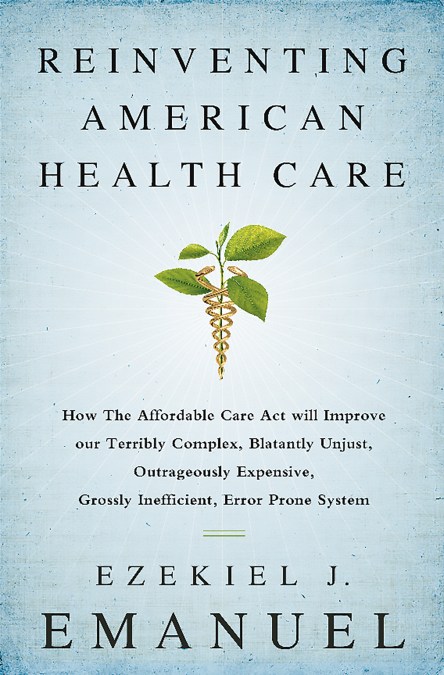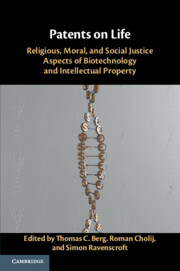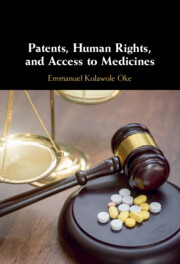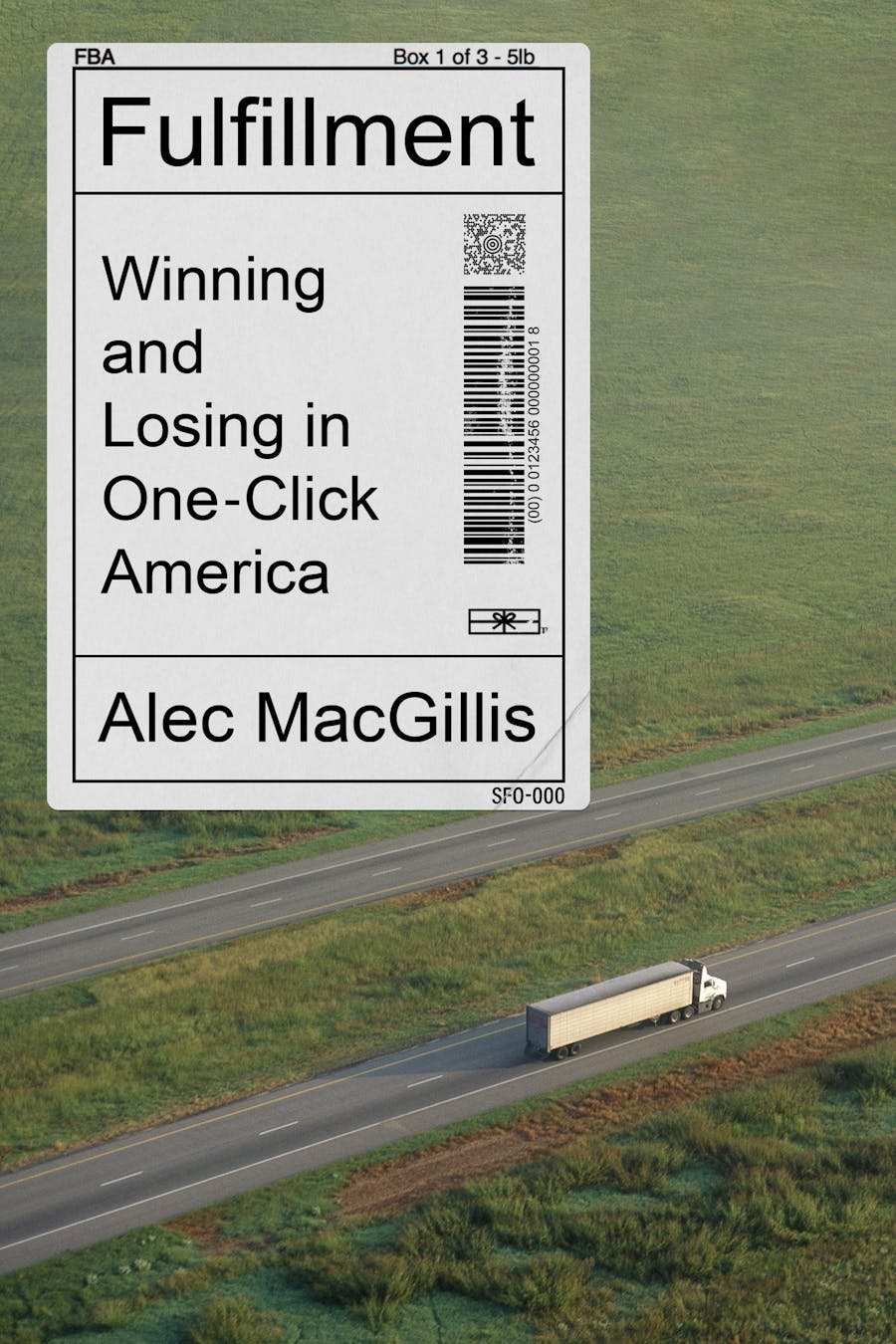Artificial Intelligence-based software as a medical device
25 d’abril 2022
24 d’abril 2022
23 d’abril 2022
22 d’abril 2022
21 d’abril 2022
Drug scarcity
Shortages of medicines in OECD countries
Even in wealthy economies, access to medicines is increasingly affected by medicine shortages – an issue exacerbated with the onset of the COVID-19 pandemic. The aim of this paper was to examine the extent and nature of medicine shortages in OECD countries (pre-COVID-19) and explore the reasons for this growing global problem. Although differences in monitoring mechanisms make multi-country analyses challenging, a sample of 14 OECD countries reported a 60% increase in the number of shortage notifications over the period 2017-2019. While the complexity of pharmaceutical manufacturing and supply chains hampers root cause analyses, available literature suggests that shortages, as reported by marketing authorisation holders, are predominantly due to manufacturing and quality issues. Nevertheless, commercial factors - and the policy settings that influence them - may play an important role. Although several OECD countries have implemented policy measures to mitigate, monitor and prevent shortages, more robust data and further analyses of root causes and effective policy responses are needed. The way forward should involve a global approach that engages all relevant actors and looks beyond the health care sector alone.
20 d’abril 2022
19 d’abril 2022
18 d’abril 2022
Attacking health care
PERILOUS MEDICINE. The Struggle to Protect Health Care from the Violence of War
As a member of the Scientific Committee of Healing across the divides, please let me suggest this book by Leonard Rubinstein
Pervasive violence against hospitals, patients, doctors, and other health workers has become a horrifically common feature of modern war. These relentless attacks destroy lives and the capacity of health systems to tend to those in need. Inaction to stop this violence undermines long-standing values and laws designed to ensure that sick and wounded people receive care.Leonard Rubenstein—a human rights lawyer who has investigated atrocities against health workers around the world—offers a gripping and powerful account of the dangers health workers face during conflict and the legal, political, and moral struggle to protect them. In a dozen case studies, he shares the stories of people who have been attacked while seeking to serve patients under dire circumstances including health workers hiding from soldiers in the forests of eastern Myanmar as they seek to serve oppressed ethnic communities, surgeons in Syria operating as their hospitals are bombed, and Afghan hospital staff attacked by the Taliban as well as government and foreign forces. Rubenstein reveals how political and military leaders evade their legal obligations to protect health care in war, punish doctors and nurses for adhering to their responsibilities to provide care to all in need, and fail to hold perpetrators to account.Bringing together extensive research, firsthand experience, and compelling personal stories, Perilous Medicine also offers a path forward, detailing the lessons the international community needs to learn to protect people already suffering in war and those on the front lines of health care in conflict-ridden places around the world.
17 d’abril 2022
13 d’abril 2022
Alternative payment models for pharmaceuticals
Kymriah® and Yescarta® have relatively uniform list prices across the EU5, and are reimbursed according to their marketing authorisations. In France and the UK, reimbursement is on the condition of collecting additional data (at the cohort level) and subject to future reassessments; elsewhere, rebates (Germany) or staged payments (Italy and Spain) are linked to individual patient outcomes.
Kymriah® and Yescarta® were two of the subject therapies used to pilot and validate the Valtermed system for roll-out in November. Kymriah® is reimbursed in the Spanish NHS through two outcomesbased, staged payments based on data collected through the Valtermed system: one at the time of treatment (reported to be 52% of the total €320,000 ), and a second payment at 18 months (reportedly the remaining 48%), provided that the patient has achieved and sustained a complete response to the treatment. Yescarta® was approved for reimbursement in July 2019, and follows a similar approach to Kymriah®, however, with payments linked to survival as collected through Valtermed: reportedly a first payment of €118,000, and a second payment of €209,000
Adolf Mas (1907) exhibition at KBR
12 d’abril 2022
11 d’abril 2022
10 d’abril 2022
09 d’abril 2022
Subscriure's a:
Missatges (Atom)

